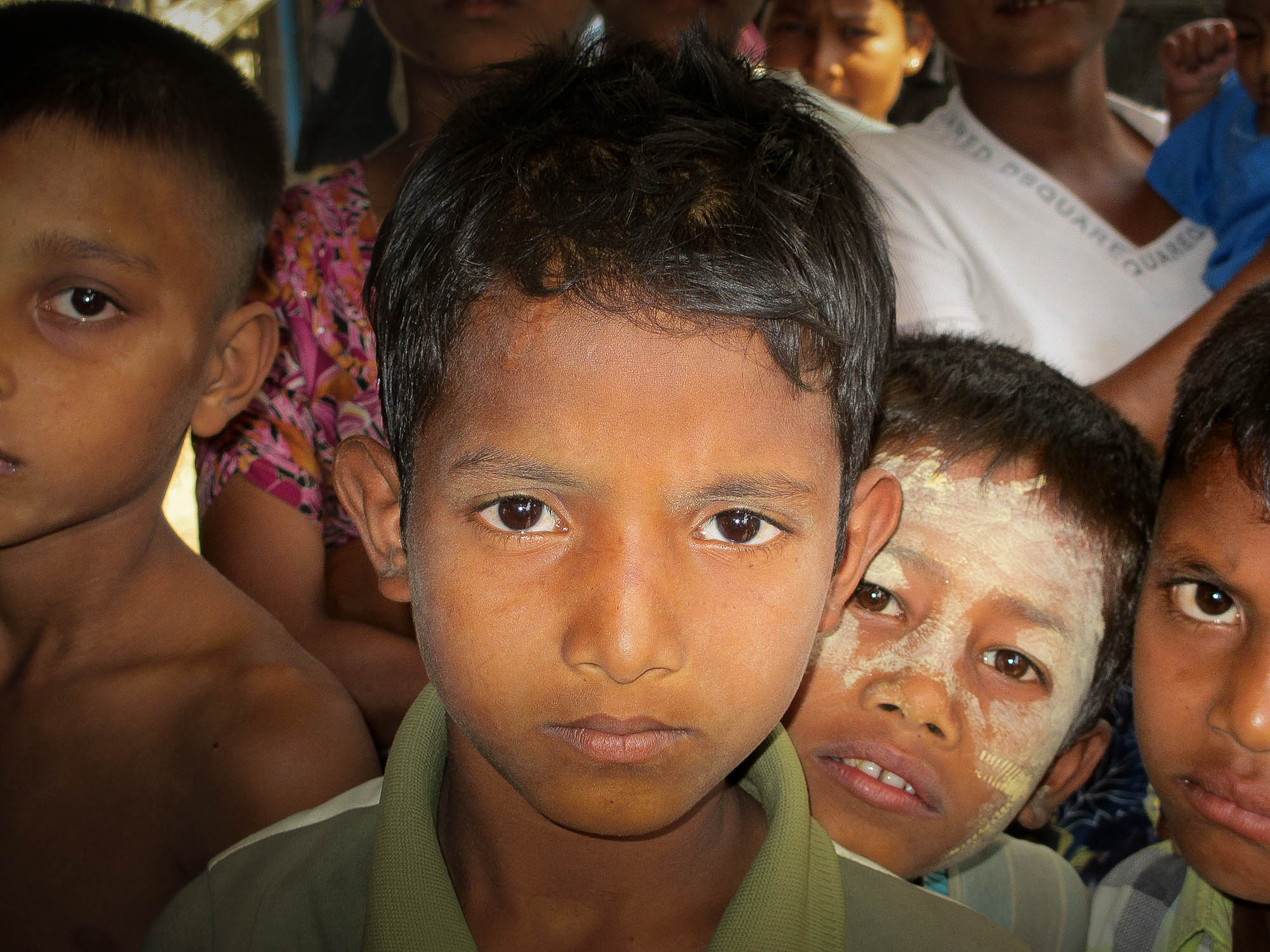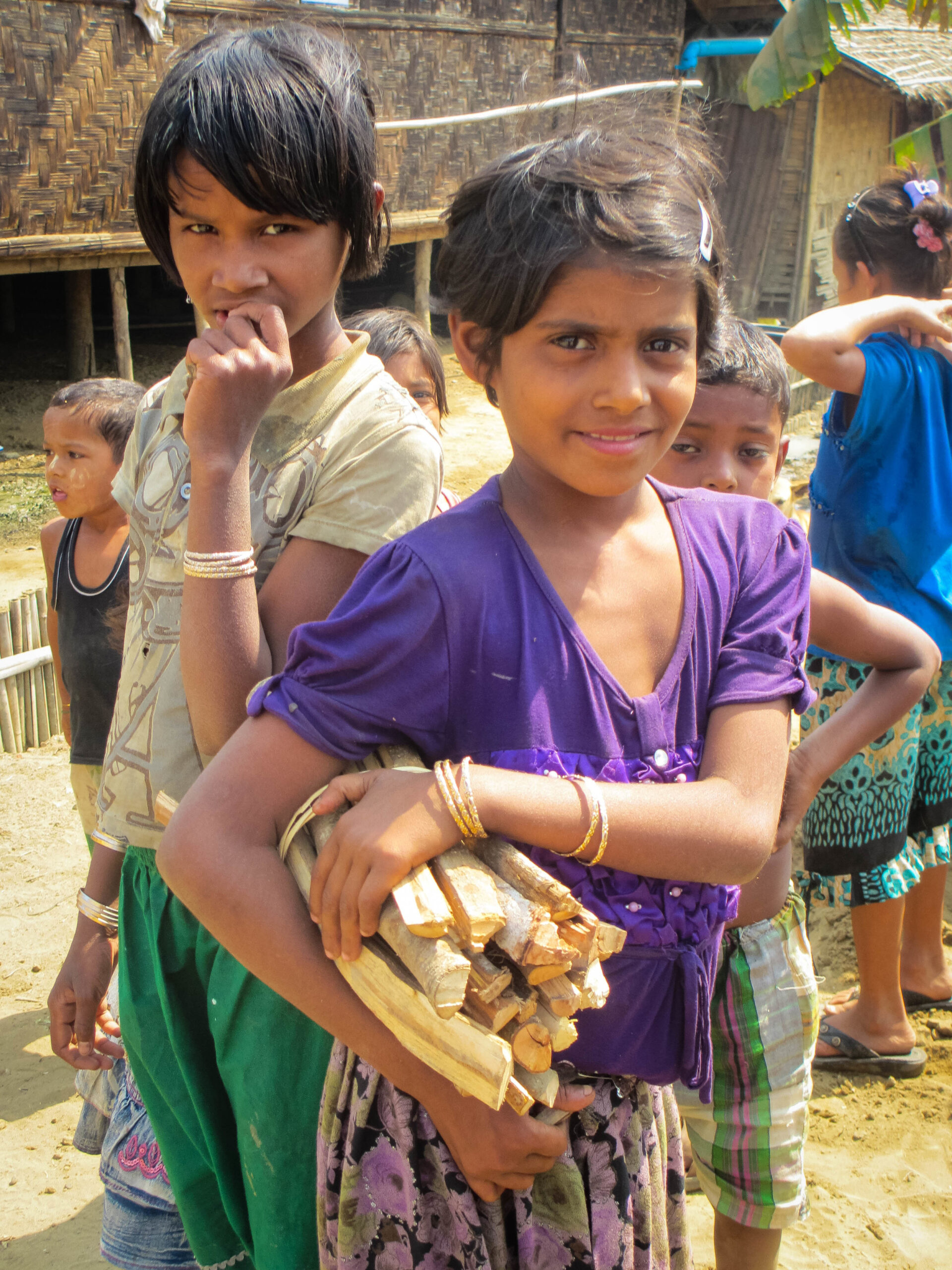Myanmar: Act Immediately to Protect Displaced People’s Rights

As Myanmar continues its renewed engagement with the international community, it must begin to address the serious violations of the rights of ethnic minorities that plague the country.
Nearly two years after violence erupted in June 2012, almost 140,000 Muslims (primarily Rohingyas) remain displaced in Rakhine State in conditions of total segregation and marginalization from the Rakhine Buddhist majority. Like the hundreds of thousands of non-displaced Rohingyas in northern Rakhine State, they remain subject to extremely abusive restrictions on their freedom and exposed to violent attacks. At the same time, in Kachin State, nearly three years after a ceasefire between government and rebel forces was broken, civilians are not being protected and around 100,000 people are displaced with no imminent prospects of return. It is in this climate that the country will undergo a census at the end of this month.
It is time for the international community to change its ad hoc approach to Myanmar. Key donors and the United Nations must coordinate their advocacy and use consistent messaging to push the Myanmar government to address the root causes of the abuses suffered by ethnic minorities.

Background
While political reforms are taking place in Myanmar, serious concerns remain with regards to the country’s respect for human rights. Many international donors have expressed their concerns about ongoing human rights abuses, but they have been downplaying these concerns because of their support for the political transition process and their wish to declare Myanmar “a foreign policy success story.” There is a lack of coordination of messages, and this has had a detrimental impact on the humanitarian and human rights response. So far, it is mainly the symptoms of the humanitarian crises, particularly in Rakhine State, that have been addressed by the international community. There have been some attempts to improve humanitarian conditions and access, but no concerted efforts to end the segregation of Muslim communities. At the same time, there has been near silence from members of the Association of Southeast Asian Nations. The international community should engage in consistent and coherent advocacy toward solving the key issues in Rakhine and Kachin States. They must take clear and strong stances on impunity, ending segregation, and the rights of the Muslim communities in Rakhine State to freedom of movement and to return. They must also be united on the protection of civilians in Kachin State, and the right of Kachin internally displaced people (IDPs) to make free and informed decisions about returns and relocation.
Despite progress in some areas of political reform, there has been significantly more forced displacement in Myanmar in the three years since the transition began than in the previous three. This is particularly the case in Rakhine and Kachin States, where hundreds of thousands of people have been displaced since the breakdown of the ceasefire in Kachin State in 2011 and the largely anti-Muslim sectarian violence in Rakhine State in 2012. The situation of the stateless Rohingya community – long considered by the UN to be one of the most persecuted minorities in the world – has also deteriorated since the political reform process began.

Recommendations
- The international community should engage in consistent and coherent advocacy on ethnic minority rights in Myanmar, which must be raised in all negotiations with the government in support of political and economic reforms.
- The United Nations system should consistently prioritize the defense of human rights in Myanmar in line with its “Rights Up Front” agenda, and it should adopt common positions across agencies to be backed up by statements from the UN Secretary General.
Humanitarian agencies and donor governments should:
- protect and assist all people displaced within the country as a result of violence or violations of human rights as internally displaced persons with equal rights;
- increase livelihood assistance for Kachin IDPs and for all people affected by movement restrictions in Rakhine State, and implement cash-based alternatives to food distributions where possible;
- support the provision of fuel and firewood for IDPs;
- invest in capacity-building in technical areas for local non-governmental organizations.
- The largest donors to the March 2014 Myanmar census should set up a “crisis cell” to respond to any serious breaches of census rules or unrest occasioned by the census. Myanmar’s minister of immigration and minister for the president’s office, and the UN Resident Coordinator/Humanitarian Coordinator should take part in this cell.
In Rakhine State, the UN and the international community at the highest levels should press Myanmar’s central government to:
- facilitate humanitarian access by creating conditions in which humanitarians can operate and countering hate speech;
- end impunity for individuals who have committed human rights abuses;
- present its plan of action for Rakhine State;
- collaborate with donors to identify pilot areas where freedom of movement for Muslim communities can be restored;
- take steps to address the issue of citizenship for stateless populations.
In Kachin State, the UN and the international community should press the central government to:
- facilitate unimpeded humanitarian access and allow the full-time presence of international humanitarian actors in non-government-controlled areas of the state;
- ensure that the protection of civilians during military operations is prioritized and that all steps are taken to mitigate civilian harm;
- respect the right of Kachin’s internally displaced people (IDPs) to make free and informed decisions about their return and relocation.
Michel Gabaudan and Melanie Teff assessed the humanitarian situation of displaced people in Rakhine State, and Melanie Teff assessed the humanitarian situation of displaced people in Kachin State, in Myanmar in February 2014.